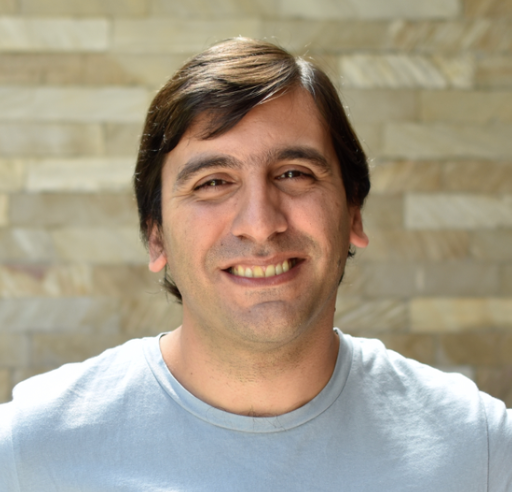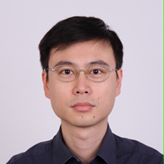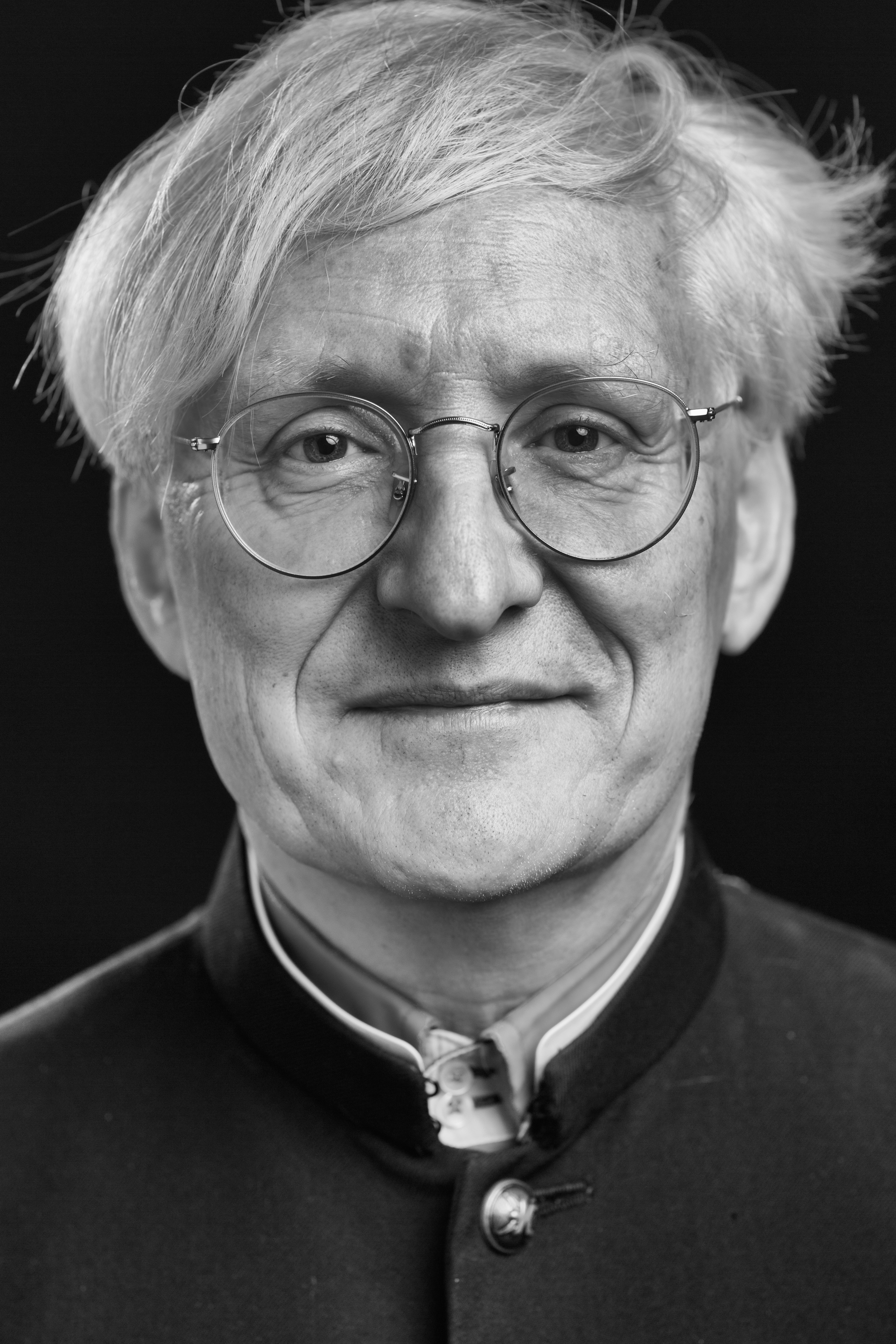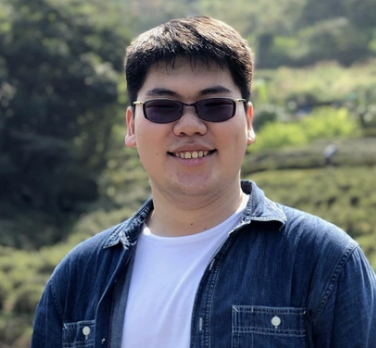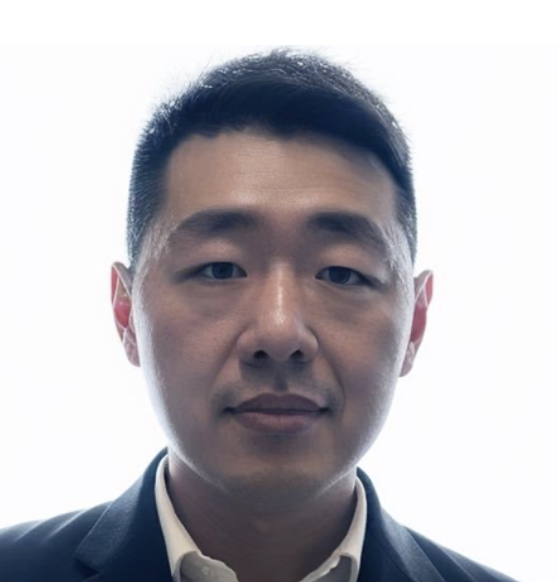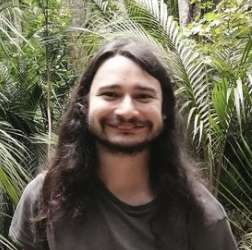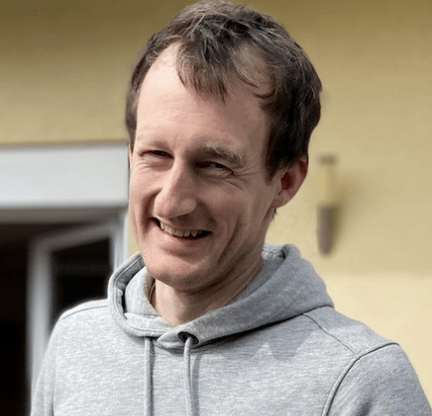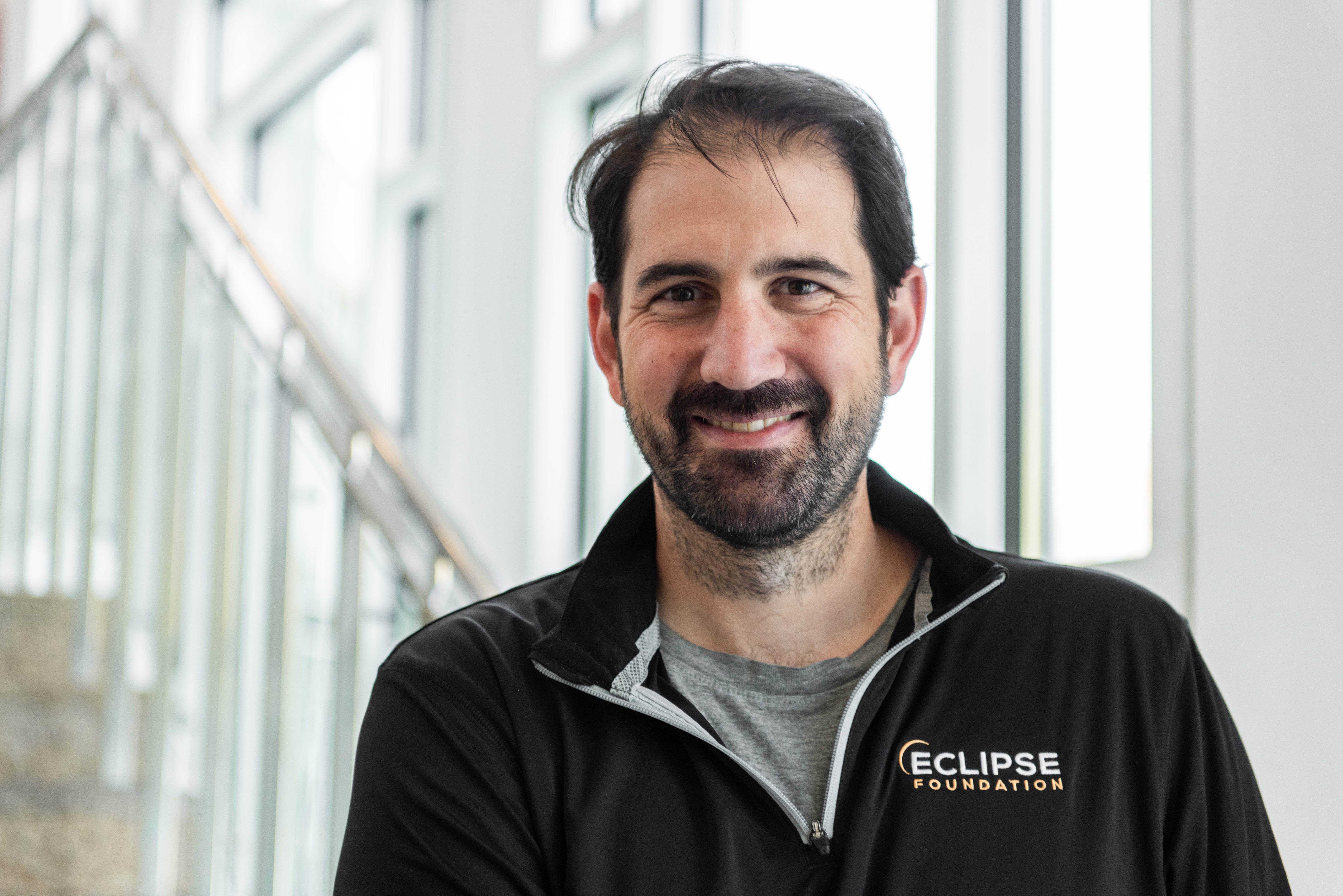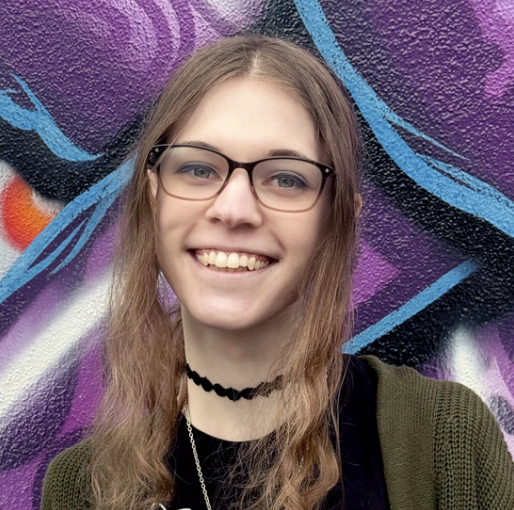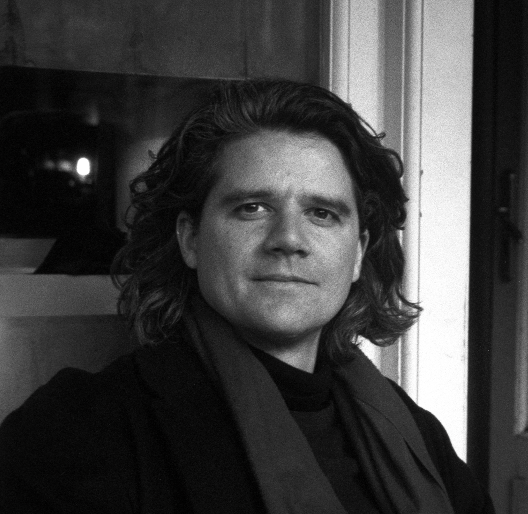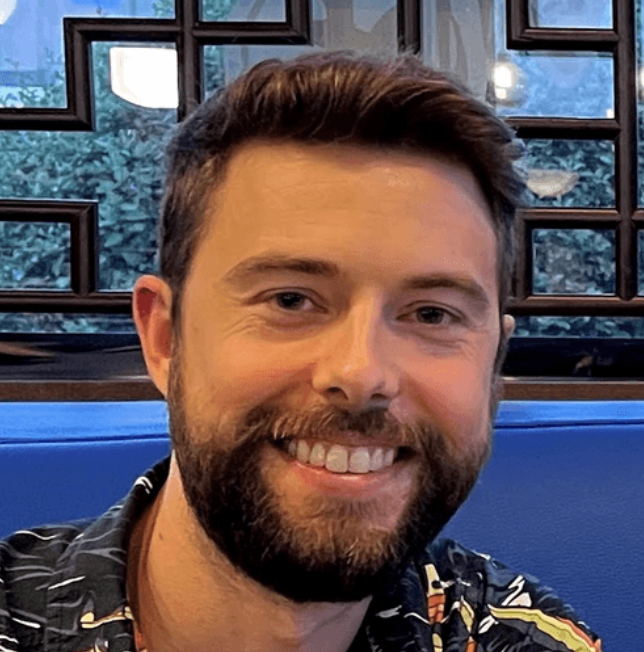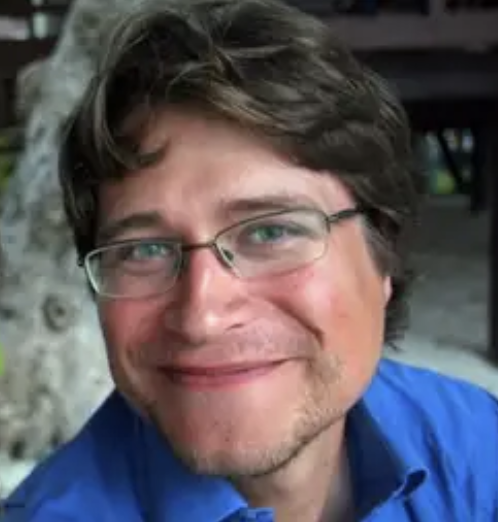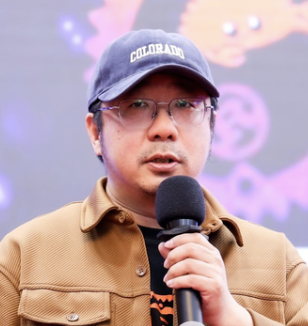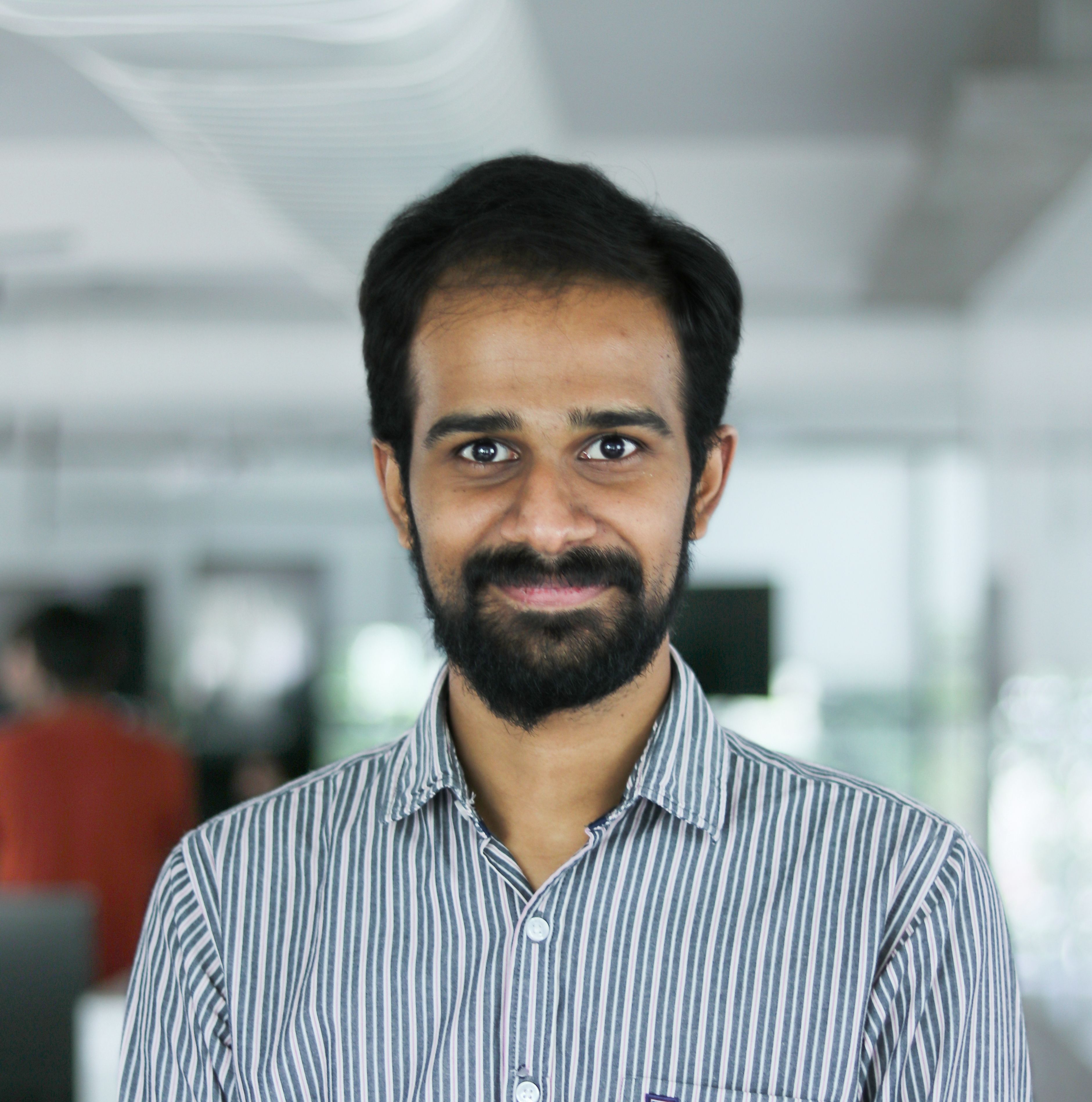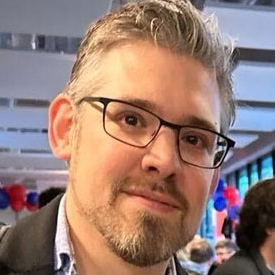speakers
Jorge Bejar
Moxin: A Pure Rust Explorer for Open Source LLMs
Graduated with a computer science degree and with more than 15
years of experience in the software development field, Jorge Bejar started as web
developer writing PHP applications. He has later spent a few years hacking games for
different platforms with C++. Around 2010, he joined WyeWorks and he has been working on
projects using Ruby, Elixir and Rust. He's currently an active collaborator in the
Makepad project. He has also been collaborating with different open source projects. He
lives with his wife and two kids - 3 and 8 years old - in Montevideo, Uruguay.
Jonathan Kelley
Dioxus AI Driven UI
Jonathan Kelley is the founder of Dioxus Labs and the creator of
the Rust frontend framework Dioxus. Dioxus Labs is a San Francisco-based startup backed by
YCombinator with over 20,000 stars on GitHub across popular projects like Dioxus, Taffy,
and Blitz. Before starting Dioxus, Jonathan worked as a Systems Engineer at Cloudflare and
interned at NASA Langley Research Center.
Anni Lai
Fostering Responsible AI: Empowering Openness and Community
Collaboration
Anni currently serves as the elected Chair of Generative AI
Commons and the elected Board member under LF AI and Data. Additionally, she contributes
her expertise to LF Europe’s Advisory Board, focusing on Open Source and AI-related policy
issues. Anni's dedication to the open-source community extends to her previous roles
on various foundation boards, including the OpenStack Foundation, LF CNCF, LF OCI, LF
Edge, and the Open Metaverse Foundation. In these capacities, she played a vital role in
incubating and growing open-source projects and ecosystems in Cloud Native, Edge
Computing, AI, and Metaverse. With a rich professional background spanning esteemed
organizations such as Sun Microsystems, Oracle, Salesforce.com, and Futurewei, Anni has
accumulated extensive experience in product management, marketing, technology evangelism,
developer relations, partner strategy, and enterprise business development. Her commitment
to driving innovation through open collaboration has been a cornerstone of her career.
Anni firmly believes in the power of open innovation to create exceptional technologies.
Throughout her career, she has had the privilege of traveling to over 30 countries across
five continents, sharing her expertise as a technology evangelist, consultant, strategist,
and executive. Anni holds both a Master's and Bachelor's degree in Computer
Science and currently resides in Silicon Valley, USA, where she leads open-source
operations at Futurewei.
Wei Lu
LLM for Coding, the State and Initiative
Chief Consultant at CSDN/Boolan, specializing in technical
consulting for AI-assisted software development. With extensive experience in artificial
intelligence, agile development, software design, and software development methodologies,
Wei Lu is currently dedicated to enhancing the integration of large language models in
software development and transforming technical education methods. He has previously
served as an SAP architect, possessing substantial expertise in cloud architecture and
SaaS. As an entrepreneur, He has developed a mobile publishing system based on smartphones
in China and worked on progressive inquiry-based learning methods and the development of
AI-supported tools in Finland.
Steven Pemberton
The End of the Paper Internet
Steven Pemberton is a researcher at CWI, the Dutch national
research centre for mathematics and computing science. At university his tutor was Dick
Grimsdale, who built the world's first transistorised computer and whose tutor was
Alan Turing, making Pemberton a grand-tutee of Turing. Pemberton co-designed the
programming language that Python was based on, he was the first user of the European open
internet in 1988, he organised workshops at the very first Web Conference in 1994, and was
involved with W3C from the very beginning, chairing the first workshop on stylesheets,
chairing the HTML working group, co-designing CSS, HTML, XHTML, RDFa, XForms and several
others. He currently chairs two groups at W3C, and is co-organiser of an annual conference
on declarative technologies. He has received numerous awards and recognitions for his
work, including the ACM SIGCHI Lifetime Practice Award in 2022. In 2023 he became an ACM
Distinguished Speaker.
Hydai Tai
Write Once Run Anywhere, But for GPUs
Hydai Tai is the maintainer of the WasmEdge Runtime project and
an engineering leader at Second State. He is a prolific mentor in the Linux Foundation
Mentorship program and a CNCF Ambassador. He also contributes to many high profile open
source projects within and beyond the CNCF. He is an expert on AI inference frameworks
such as llama.cpp, PyTorch and Tensorflow.
Xavier Tao
dora-rs: LLM Powered Runtime Code Change in Robots
Xavier Tao is a French software engineer developing practical
solutions for ML/AI users and engineers through open-source projects. Xavier is currently
fully invested in the dora-rs robotic framework project with the aim of enabling LLM
powered robotic applications. Previously, he has developed AI models into production for
multiple industries
Yanzhi Wang
OminiX – Unified Acceleration Framework for Both LLM and SD GenAI
Models on the
Yanzhi Wang is currently an associate professor and faculty
fellow at Dept. of ECE at Northeastern University, Boston, MA. He received the B.S. degree
from Tsinghua University in 2009, and Ph.D. degree from University of Southern California
in 2014. His research interests focus on model compression and platform-specific
acceleration of deep learning applications. His work has been published broadly in top
conference and journal venues (e.g., DAC, ICCAD, ASPLOS, ISCA, MICRO, HPCA, PLDI, ICS,
PACT, ISSCC, AAAI, ICML, NeurIPS, CVPR, ICLR, IJCAI, ECCV, ICDM, ACM MM, FPGA, LCTES, CCS,
VLDB, PACT, ICDCS, RTAS, Infocom, C-ACM, JSSC, TComputer, TCAS-I, TCAD, TCAS-I, JSAC,
TNNLS, etc.), and has been cited above 18,000 times. He has received six Best Paper and
Top Paper Awards, and one Communications of the ACM cover featured article. He has another
13 Best Paper Nominations and four Popular Paper Awards. He has received the U.S. Army
Young Investigator Program Award (YIP), IEEE TC-SDM Early Career Award, APSIPA
Distinguished Leader Award, Massachusetts Acorn Innovation Award, Martin Essigmann
Excellence in Teaching Award, Massachusetts Acorn Innovation Award, Ming Hsieh Scholar
Award, and other research awards from Google, MathWorks, etc. He has received 26 federal
grants from NSF, DARPA, IARPA, ARO, ARFL/AFOSR, Dept. of Homeland Security, etc.. He has
participated in a total of $40M funds with personal share $8.5M. 14 of his academic
descendants become tenure track faculty at Univ. of Connecticut, Clemson University,
Chongqing University, University of Georgia, Villanova University University of Texas San
Antonio, and Cleveland State University.
Nico Burns
Rust Application Development White paper
Nico is currently working on creating an ecosystem of crates for
building UI frameworks and web engines in Rust through his work on the Taffy, Blitz and
Servo projects (building on his previous experience with UI as a full-stack web
developer). His work has a focus on modularity and fostering collaboration/coordination
between projects wherever possible.
Steven Pemberton
The End of the Paper Internet
Steven Pemberton is a researcher at CWI, the Dutch national
research centre for mathematics and computing science. At university his tutor was Dick
Grimsdale, who built the world's first transistorised computer and whose tutor was
Alan Turing, making Pemberton a grand-tutee of Turing. Pemberton co-designed the
programming language that Python was based on, he was the first user of the European open
internet in 1988, he organised workshops at the very first Web Conference in 1994, and was
involved with W3C from the very beginning, chairing the first workshop on stylesheets,
chairing the HTML working group, co-designing CSS, HTML, XHTML, RDFa, XForms and several
others. He currently chairs two groups at W3C, and is co-organiser of an annual conference
on declarative technologies. He has received numerous awards and recognitions for his
work, including the ACM SIGCHI Lifetime Practice Award in 2022. In 2023 he became an ACM
Distinguished Speaker.
David Rheinsberg
Wrapping Cargo for Shipping
David has a background in Linux Kernel development, low-level
Linux user-space, and particularly IPC. His recent efforts involve advocating for Rust in
Linux system development, as well as supporting Rust application frameworks with
operating-system abstractions.
Juan Rico
The Oniro Platform
Juan is a Telecommunication Engineer and Master in ICT with
almost 20 years of experience in wireless communications, M2M, IoT and smart domains. He
has also specialized in the management of disruptive innovation and the adoption of
breakthrough technologies by the markets. He is currently Oniro Program Manager at Eclipse
Foundation supporting the development of Oniro as the Operating System Platform for smart
devices of all sizes.
Jonathan Schwender
OpenHarmony for Next Gen Mobile
Jonathan Schwender is a software engineer at the Huawei Dresden
Research Center. He has been working on projects for the Hongmeng kernel, the trusted
execution environment SDK and the OpenHarmony OS. Jonathan is also opensource maintainer
of Corrosion - a CMake module that integrates cargo into the CMake build system - and of
libvsync - a library of efficient concurrent data structures for low-level programming.
Cassaundra Smith
Quake: Bridging the Build System Gap
Cassaundra is a programming language enthusiast and build system
hacker, having previously contributed to projects like the Rust compiler and Cargo. She
has also been directly involved with several efforts to improve the accessibility and
learnability of the Rust language for all, and is a strong advocate for free and open
source software that pushes against current technological and societal barriers.
Gregory Terzian
Modular Servo: Three Paths Forward
Having started to contribute to Servo, and learn Rust, in 2016,
Gregory Terzian proceeded to implement a variety of core Web features such as: MessagePort
and BroadcastChannel, safe passing of structured data, the HTTP cache, ReadableStream, as
well as supporting infrastructure such as the background hang monitor. In 2019, Gregory
became a reviewer, and in 2020 a member of the Technical Steering Committee. After a
hiatus working on distributed systems, Gregory is now back on Servo with a focus on Web
APIs and overall architecture.
Ben Wishovich
Full Stack Rust with Leptos
I'm Ben(benwis), a full stack web developer and core
contributor to Leptos, a Rust based fine-grained full stack web framework. For my day job,
I work with Tim McNamara at Accelerant to help people build flexible and maintainable web
apps and websites, handling anything the web can throw at us. I'm also an avid cook,
middling runner, and overall nerd.
Kevin Boos
Robrix: a Multi-platform Matrix & Fediverse Hub
Kevin Boos is currently a software architect at Futurewei and the
tech lead of Project Robius, an open-source Rust framework for developing immersive,
fully-featured applications in Rust that run seamlessly across multiple platforms,
including mobile. Previously, he created Theseus OS, an open-source OS written from
scratch in Rust that rethinks the structure and implementation strategy of operating
systems, with an emphasis on how to maximally leverage language mechanisms for
compile-time safety and verifiable correctness. Kevin obtained his PhD from Rice
University with a focus on OS design, with other interests spanning the domains of I/O
virtualization, device drivers, mobile VR, static analysis, and safe languages.
Matthew Hodgson
Messaging with Matrix
Matthew is project lead and co-founder of Matrix - the open
source project that aims to be the secure communication layer of the open Web. Matthew’s
day job is CEO/CTO at Element, the company formed by the team who created Matrix in order
to help fund their work on Matrix.
Laurens Hof
The Current State of the Fediverse
Laurens Hof is a writer and consultant who has been documenting
what has been happening in the Fediverse over the last year and a half. With his
newsletter at fediversereport.com he has build up extensive knowledge of the space of
decentralised social networks. In his day job he is responsible for the communications for
the EU funded NGI Fediversity project.
Quanyi Ma
Mega - Decentralized Open Source Collaboration for Source Code
& LLM
Quanyi Ma is a seasoned technology expert with over 20 years of
experience in Rust, operating systems, and cloud-native technologies. He holds the
prestigious position of Director of Open Source Community Operations at Huawei
Technologies Co., Ltd, where he plays a pivotal role in fostering a vibrant Rust
open-source ecosystem and promoting collaboration within the tech community. In addition,
Quanyi serves as an Open Source Project Mentor at the OpenAtom Foundation, an organization
dedicated to advancing open-source innovation in China, and an Independent Director at the
Web3 Infrastructure Foundation in Hong Kong, where he contributes his expertise to shape
the future of decentralized infrastructure.
Yarmo Mackenbach
Using Cryptography to Decentralize Identity on the Fediverse
Yarmo is a FOSS advocate and currently a software engineer at the
NLnet foundation. Previously, he created the Keyoxide project, an open source tool for
privacy-friendly decentralized identity using cryptography, and did research in
Neuroscience.
Steven Pemberton
The End of the Paper Internet
Steven Pemberton is a researcher at CWI, the Dutch national
research centre for mathematics and computing science. At university his tutor was Dick
Grimsdale, who built the world's first transistorised computer and whose tutor was
Alan Turing, making Pemberton a grand-tutee of Turing. Pemberton co-designed the
programming language that Python was based on, he was the first user of the European open
internet in 1988, he organised workshops at the very first Web Conference in 1994, and was
involved with W3C from the very beginning, chairing the first workshop on stylesheets,
chairing the HTML working group, co-designing CSS, HTML, XHTML, RDFa, XForms and several
others. He currently chairs two groups at W3C, and is co-organiser of an annual conference
on declarative technologies. He has received numerous awards and recognitions for his
work, including the ACM SIGCHI Lifetime Practice Award in 2022. In 2023 he became an ACM
Distinguished Speaker.
Manoj Radhakrishnan
Building the Linux for Payments - An Hourglass Approach
Manoj is the Head of Product and Founding Member at Hyperswitch -
an open source initiative of Juspay Technologies, a global payments orchestrator
processing 100 million transactions per day. As a payments and open source software
enthusiast, he has experience working across technology and strategy consulting domains
for 12+ years.
Marc Schoolderman
Do You Know Who Wrote Your Software?
Marc is a software engineer at Tweede golf, interested in
reliable software engineering. He has lead the project team formed by Tweede golf and
Ferrous Systems to re-implement the ubiquitous “sudo” and “su” commands in Rust, under the
auspices of ISRG’s Prossimo Project. Before working at Tweede golf, he worked at the
Digital Security department at Radboud University Nijmegen, researching the practical
application of formal methods.
